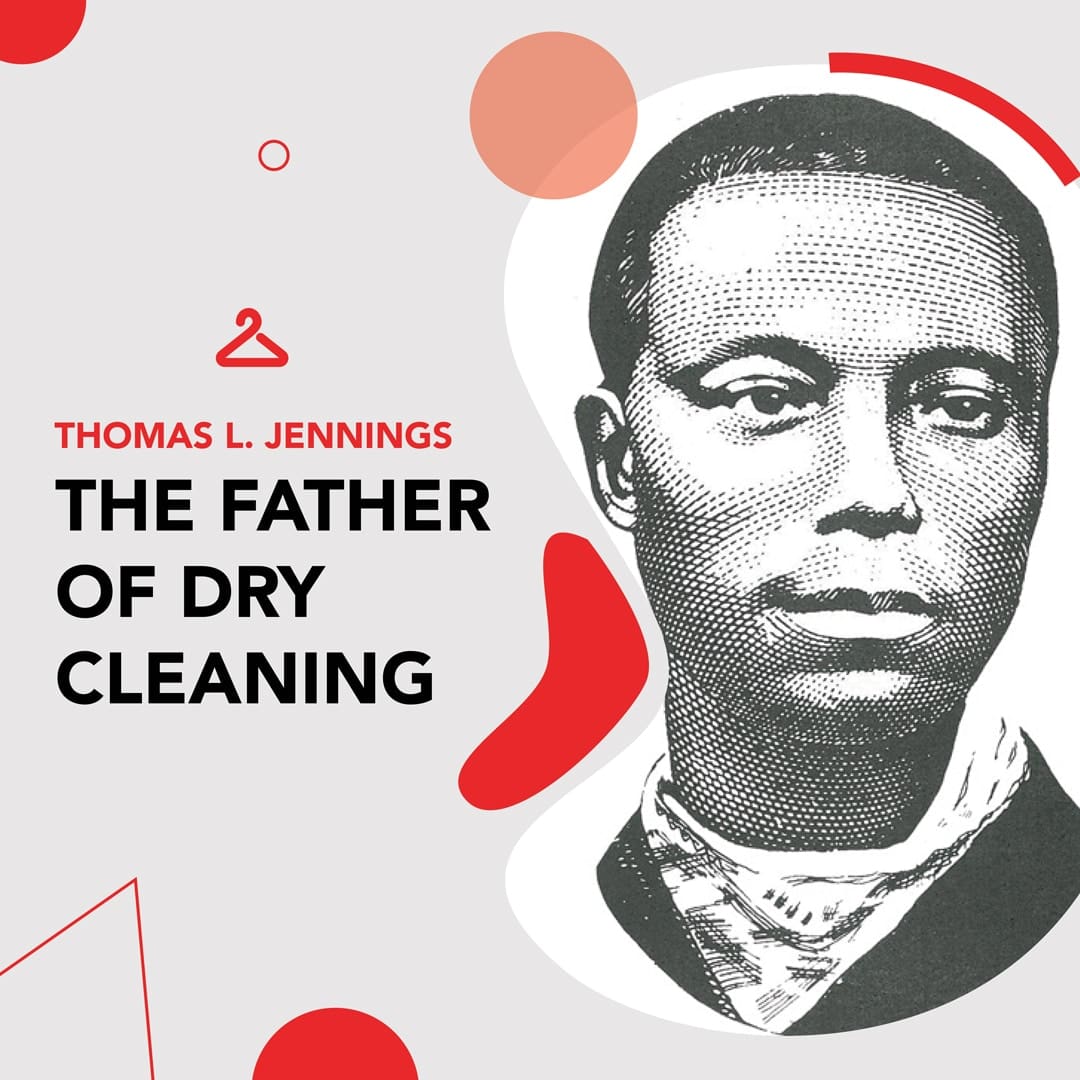
Who Was Thomas Jennings?
Thomas Jennings was a pioneer in the dry cleaning industry and among several other inventors. In 1821, Jennings became the first African-American individual to become granted with a patent. In the year 1821, he became granted the patent for “dry scouring.” This is a method for cleaning clothes that paved modern-day dry cleaning. Jennings is also renowned for being a leader in the civil rights and abolitionist movement in New York City. Keep reading to learn more about Thomas Jennings.
Jennings’ Early Life
In New York City in the early 1820’s, Jennings became a tailor. Jennings wasn’t pleased with the traditional methods of cleaning clothing. This gave him the idea to begin experimenting with new techniques and ideas. Eventually, he moved forward with his career path and went on to start a clothing shop. While running that business at the age of 29, Jennings developed dry scouring. This was a method of removing dirt and grease from delicate clothing.
Then, in 1821, Jennings became granted a patent for his new cleaning method, gaining full ownership of his dry-scouring invention. He likely became the first African American individual in the U.S. to receive a patent.
Patent Act of 1793
In addition, under the Patent Act of 1793, a person had to sign an oath declaring that he was a citizen of the U.S. Therefore, the patent recognized Jennings as a citizen which was a rare designation for an African American person at the time. Eventually, in 1861, five years after Jennings died, U.S. patent rights became extended to slaves. When Jennings passed, Frederick Douglass wrote about his death. He noted the importance and significance of the patent Jennings received and that the patent recognized him as a “citizen of the United States,” a designation at the time that was a great shock to many.
Thomas Jennings’ proceeds
Thomas Jennings used the proceeds from his invention and successful business to fight for the abolition of slavery in the U.S. He was one of five New York delegates to the first-ever Convention of Free People of Color, held in 1831 in Philadelphia.
Along with this, his wife, Elizabeth, was an indentured servant and he bought her freedom. In addition, he bought the freedom of his children. Jennings’ children went on to receive an education and they all became actively involved in the abolitionist movement themselves.
Overall, Jennings discovery of the process, dry-scouring allowed him to become known as the forerunner of today’s modern dry-cleaning.